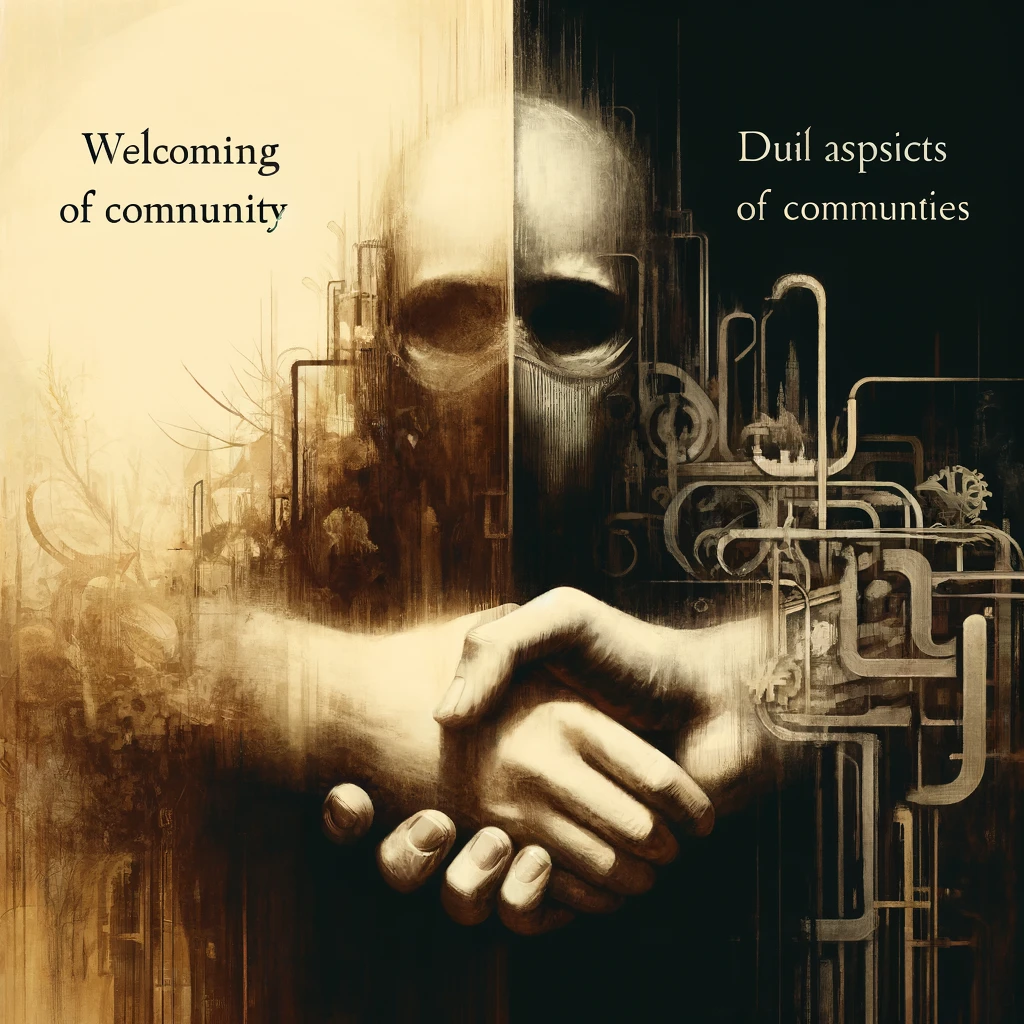Your cart is currently empty!

University on Watch: Audiobook Launch
Mental health memoirs seem to vary a bit
AUDIOBOOK PREVIEW
It has been three years since I first published University on Watch: Crisis in the Academy in 2019. Since then, a second edition and remastered edition. In a few short weeks, the audiobook edition will launch. Given the audiobook launch, I felt reflecting on the book project was important. In summary, I have mixed feelings. I am thrilled with the level of authorship but disappointed over the dissemination of the writing. Given that the book didn’t circulate in the mental health community as I had hoped, I continue to wonder about the book’s relative impact. And so, I am left wondering why, given all the positive reviews, why aren’t more people picking up my book.
A tiny part wonders if this is because people can’t find or locate the book. After all, they are searching for the wrong author’s name. I wrote the book under the pen name J. Peters. After all, privacy, libel laws, and all sorts of problems (many legal and other professionals) were and still are at play. I imagine that people looking up my writing may have searched under the wrong name and could not locate my book or know I wrote this book, given its listing under a different author. Without knowing J. Peters was my pen name, how would anyone know otherwise?
To support my claim, I gesture to the book’s review on Reedsy:
“Using a pen name makes sense here, as the author often distinguishes between J. Peters, the person he was during his break, and his “healed” self. J. Peters tells his story of deciding to apply for doctoral studies at the school where he has yet to complete a bachelor’s degree and the downward spiral he experienced as he became delusional and had a schizophrenic break. The irony is that Peters always thinks he knows best, even as he seeks validation through entry into the graduate program.”
Mental health memoirs seem to vary a bit regarding writing styles. At this point, I’ve surveyed the gambit of mental health memoirs, specifically, stories of recovery. Generally, recovery autobiographies fall into a few categories when it comes to the writing styles: clear, lucid language, but without a real ‘story’ or plot, unclear and confused jargon that feels like the author is overcompensating and reaching to seem intelligent or healed, or a well-written story in everyday English. My book doesn’t fit the mold. I wrote university on Watch from the vantage point of the prosumer. The book utilizes written formal language that is both technical and congruent with the book’s content and helpful to the reader, offering added meaning for people to take away when reading the book.
Most memoirs will cover the dark, hellish precipitating events leading to hospitalization. Most, if not all, memoirs about psychosis and schizophrenia leave out the epiphany and new insight and protagonist awareness. University on Watch is a hellish, ‘schizoid’ and insightful. After three years of reflecting on the book’s impact and dissemination in the mental health community, the only problem I have discovered is that you must first read the book to get the insights within its pages. The masses haven’t taken the time or energy to get a copy of the book and read it.
With this said, I must wonder why. I know first-hand that many folks don’t understand schizophrenia, and if they do, it’s so unrelatable to their own experience that it doesn’t seem worth reading the book. My experience represents less than 1% of the population. That isn’t a vast audience; if my readers are looking for something, they can think they will relate. And yet, the book could not be more relatable. Like any creative non-fiction book worth its dust jacket, University on Watch isn’t about one man’s journey with a stigmatized and less common diagnosis. The book is about youthful hope, yearning for more, and triumph over failures and mistakes beyond our control and doing. All people are guilty of such thinking. All people find themselves in unfortunate circumstances at one point or another.
I suppose this is why everyone reviewed the book so well! After all, a reviewer must read to write a review. Every consideration has been overtly positive, even translated into other languages. The studies have come in on several platforms, blogs, readers, and organizations, including the Schizophrenia and Psychosis Action Alliance, psychosis advocacy, and policy reform leader.
So, if you have not read University on Watch: Crisis in the Academy by J. Peters, please do so or let the anticipation build and wait for the audiobook’s release!
One response to “University on Watch: Audiobook Launch”
-
[…] “University on Watch” is not just another academic read; it’s a journey, an experience, and a testament to the trials and tribulations of navigating university life under extraordinary circumstances. This book is for anyone who has ever faced challenges in their educational path or in their personal lives that seemed insurmountable. It’s about resilience, the power of the human spirit, and the profound impact education can have on our lives. […]





Leave a Reply